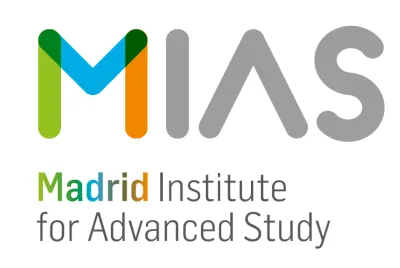Spain

Pablo Galaso Reca
Pablo Galaso holds a Ph.D. in Economics from the Universidad Autónoma de Madrid (UAM). He was a lecturer at UAM (2007-2013) and is currently associate professor at the Institute of Economics of the Universidad de la República (Uruguay). He is a Level I researcher in the National System of Researchers of Uruguay. His research focuses on territorial development, innovation, and network analysis. He has published various articles in specialized journals, chapters, and books on these topics. He has participated in and led several competitive research projects on territorial development, clusters, and innovation networks in Latin America. He is part of the coordinating committee of the Ibero-American Network of Development Studies and coordinates the Knowledge, Innovation, and Regional Development in South America research network of the Regional Studies Association.
In response to the growing environmental pressure related to climate change and other impacts associated with food production, this project aims to analyze how territories, through collaborative local networks, can provide coordinated innovative responses to their environmental challenges. The project is based on an endogenous territorial development approach using the concept of a local agri-food system (LAFS). Two representative LAFS case studies are chosen: olive production in Jaén (Spain) and the dairy industry in Colonia (Uruguay). The methodology includes fieldwork with interviews with companies and the application of social network analysis techniques, econometric models, and qualitative content analysis. The expected outcomes of the project aim to illustrate to what extent LAFS can offer more precise and adapted responses to territorial environmental challenges, in contrast to the standardized solutions that global industries may provide.
